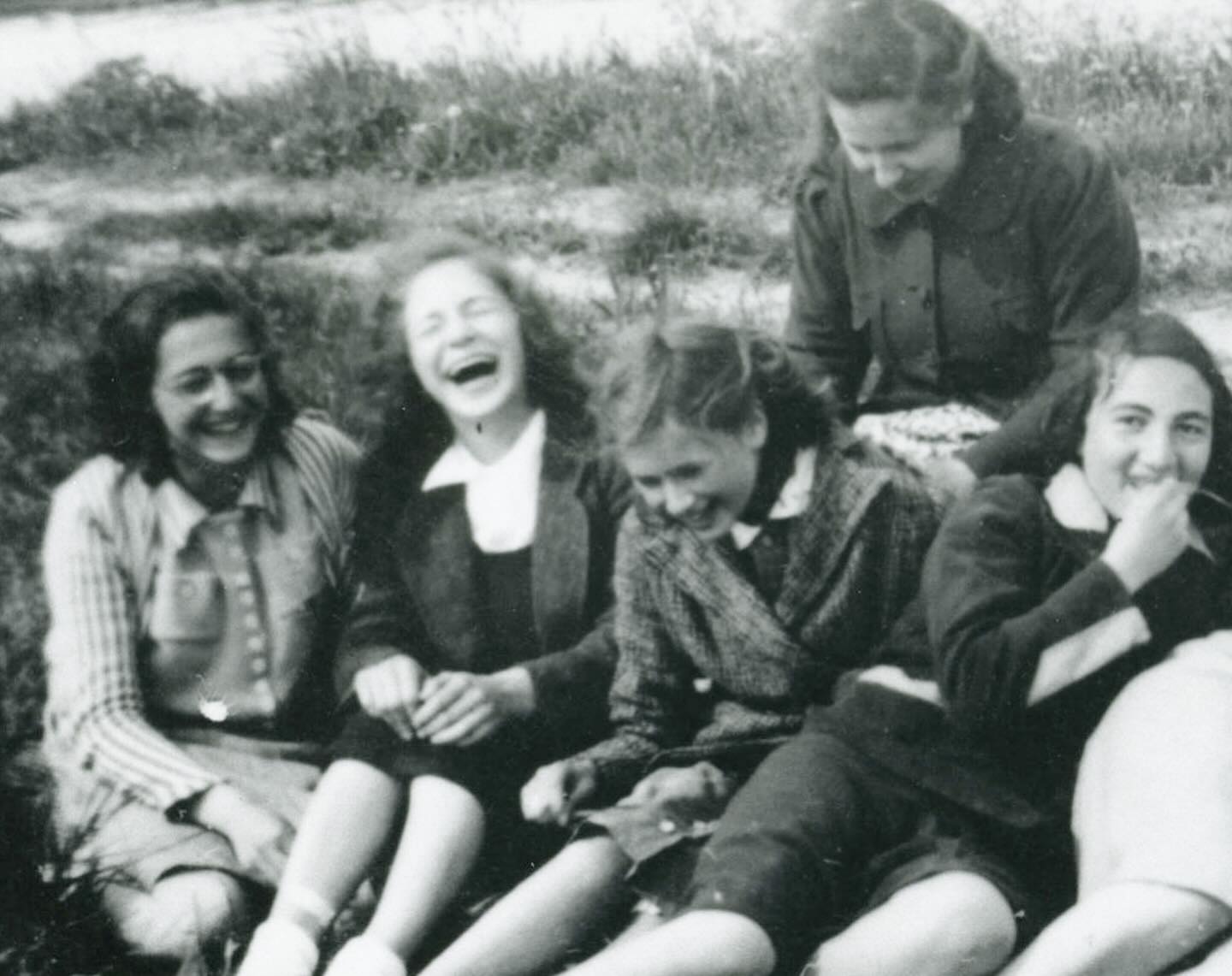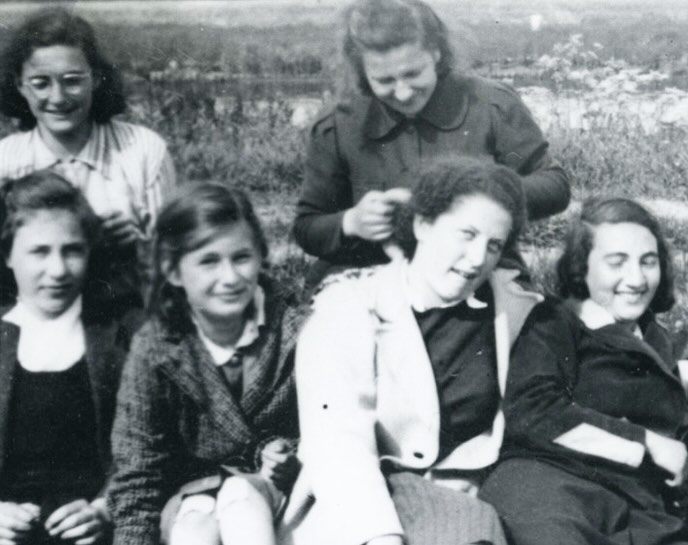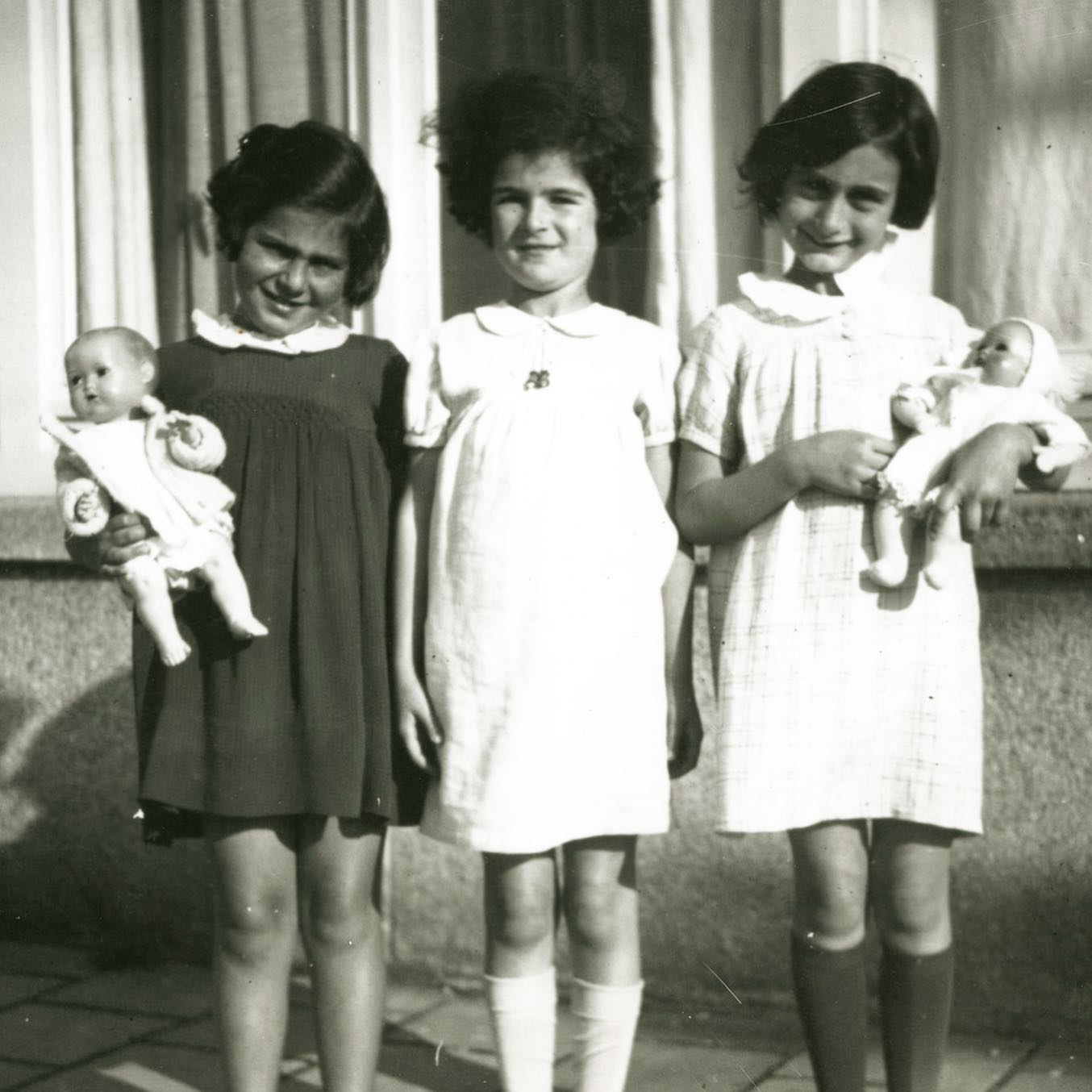Margot Frank: The Quiet Faith
For many, the name Margot Frank is often spoken in relation to her younger sister, Anne. But a closer look at her life reveals a deep, personal identity rooted in her faith and a quiet strength all her own.

As Otto Frank once said, his wife, Edith, was a woman with a “deep religious feeling,” a sentiment that Margot “followed more or less.” This spiritual connection was not just a passing phase; it was a defining part of who she was. In a preserved letter, Otto proudly noted that Margot always participated in the Kinderfreudenfest, a Jewish festival, in both Germany and the Netherlands.
Her friend Hannah Goslar’s memory paints a vivid picture of this devotion. Hannah recalled a scene where Anne and Otto, who were not as religiously observant, would prepare food for Margot and her mother, who were fasting at the synagogue. This small, daily act shows a family divided by different levels of observance but united by respect and love.
Margot’s commitment to her faith was both personal and intellectual. She attended classes taught by Rabbi Mehler, where she studied Hebrew and Jewish history. She was also a member of the Zionist youth association Maccabi Hatzair, a group dedicated to Jewish culture and the idea of a Jewish homeland.
 Anne herself, in her diary, provides the most poignant insights into Margot’s character. She wrote that Margot wanted to become a maternity nurse in Palestine, a dream that combined her passion for helping others with her religious and Zionist beliefs. She also noted that Margot preferred to read books on religion and medicine, revealing a serious and thoughtful nature.
Anne herself, in her diary, provides the most poignant insights into Margot’s character. She wrote that Margot wanted to become a maternity nurse in Palestine, a dream that combined her passion for helping others with her religious and Zionist beliefs. She also noted that Margot preferred to read books on religion and medicine, revealing a serious and thoughtful nature.
Margot Frank was more than just Anne’s sister. She was a young woman of deep faith and quiet ambition, a reflection of her mother’s progressive spirit and her own unwavering commitment to her Jewish identity. Her story is a powerful reminder that every person lost in the Holocaust was a complex, beautiful individual with their own beliefs, dreams, and quiet strengths.
